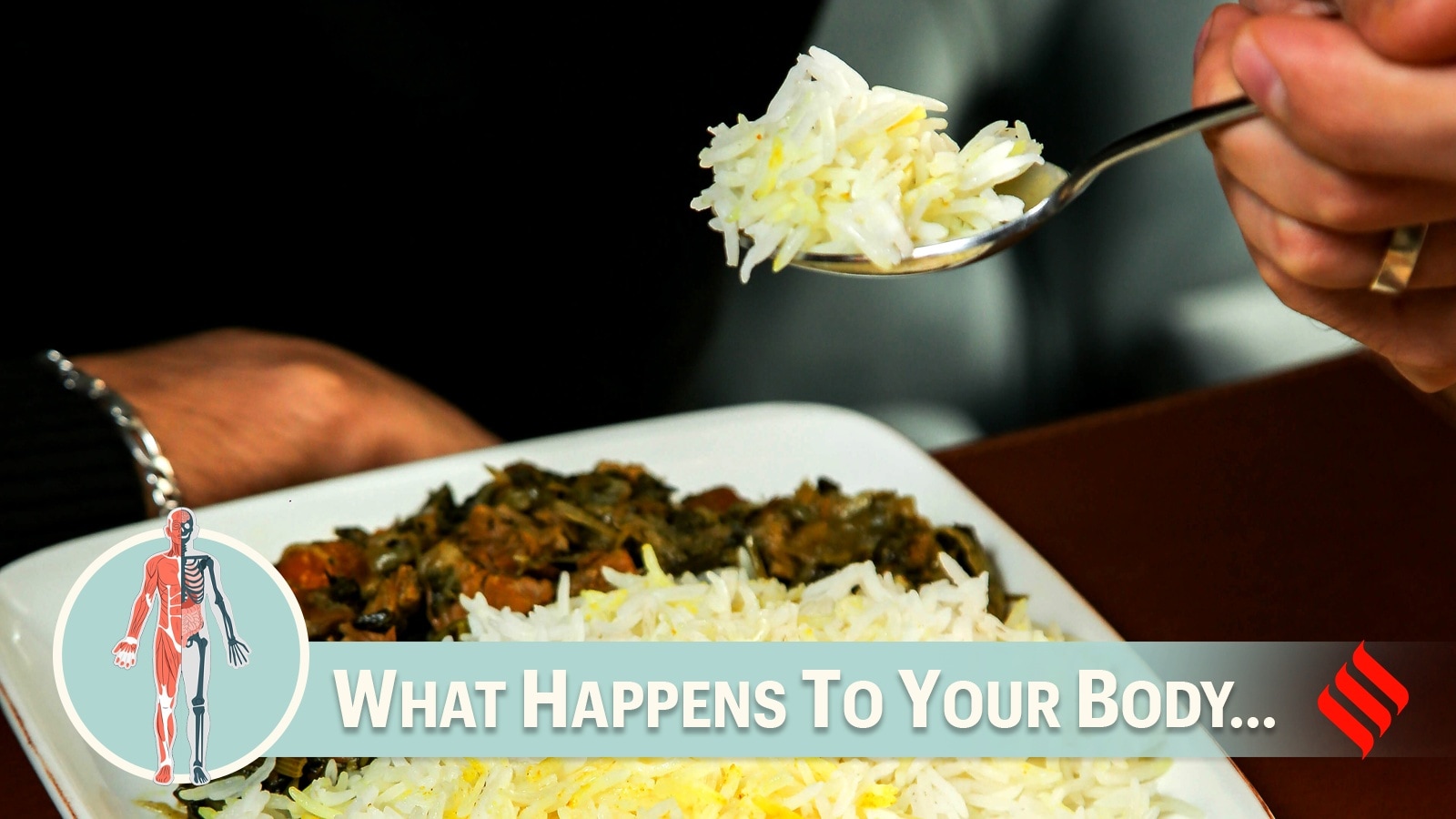For many people, especially across Asia, rice isn’t just a side dish; it’s a daily staple that forms the foundation of most meals. From fluffy basmati to sticky jasmine, this grain is a major source of carbohydrates, supplying quick energy and a sense of satiety. Yet, with the growing popularity of low-carb and weight-loss diets, some people are considering giving up rice entirely, even if only for a short period.
But what actually happens to your body when you stop eating rice for a month? The answer isn’t as simple as ‘rice is good’ or ‘rice is bad’ — it depends on what you replace it with, your overall diet, and your body’s nutritional needs.
So, how does removing rice from the diet for a month affect energy levels, metabolism, and satiety?
Nutritionist Aditi Prabhu, founder at NutroDynamix, tells indianexpress.com, “The rice we mainly consume is polished white rice, which is primarily a source of simple carbohydrates with very few nutrients.”
Story continues below this ad
She adds, “While removing rice may initially impact energy levels and lead to increased hunger, it does not impact metabolism. Also, once the initial adjustment period is over, the energy, metabolism, or satiety cues stabilise, provided the overall diet is balanced in terms of carbohydrates, protein, and fats.”
Can skipping rice for a month lead to nutrient deficiencies, and if so, which nutrients are most at risk?
Most people consume highly polished white rice, states Prabhu, which is primarily a source of simple carbohydrates, minimal fibre, and a few nutrients like B vitamins. Therefore, skipping rice won’t lead to any deficiencies.
“However, in case someone consumes unpolished or semi-polished rice varieties, which are rich in fibre as well as many micronutrients such as iron, magnesium, etc. In such cases, one may need to look out for vitamin B and certain micronutrient deficiencies. This can be easily prevented by replacing rice with other whole foods,” explains Prabhu.
If someone stops eating rice, what are the healthiest alternatives to ensure balanced nutrition?
If someone stops eating rice, Prabhu says that we do have many options that are better in carbohydrates, proteins, fats, and micronutrients that can be used as alternatives to rice, and they include:
Story continues below this ad
- Millets like ragi, bajra, kodo, porso etc
- Pseudo millets like quinoa, buckwheat, and rajgira
- Whole wheat, barley, oats
- Starchy vegetables include sweet potatoes, yams, and cassava.
DISCLAIMER: This article is based on information from the public domain and/or the experts we spoke to. Always consult your health practitioner before starting any routine.

